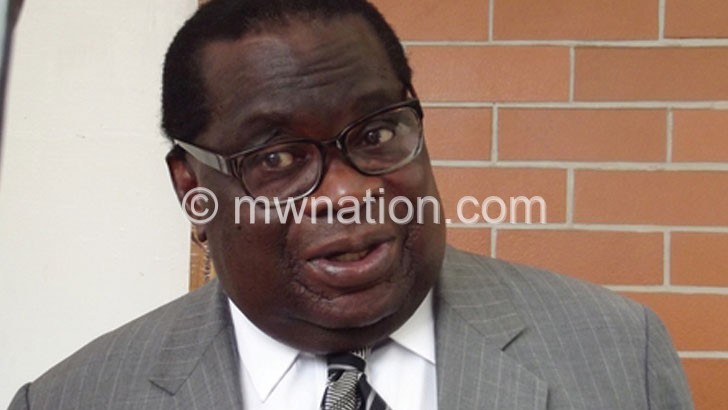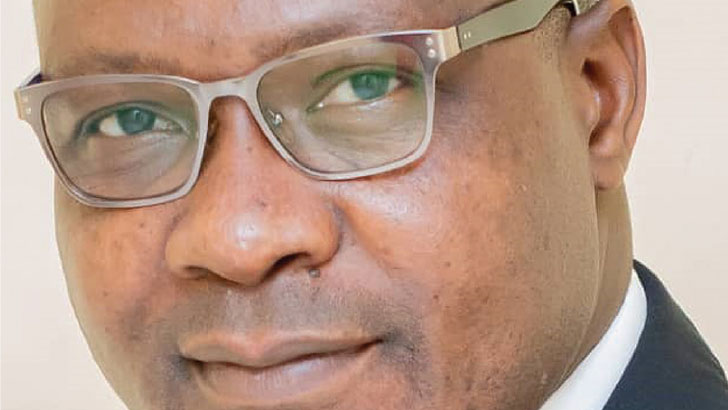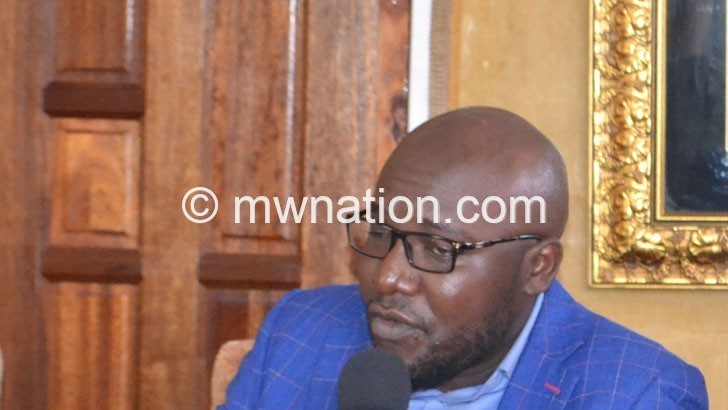2016: will government fail youth again?
It is not news that the 2014 tripartite elections that ushered President Peter Mutharika into office was dominated by the youth owing not only to their demographic supremacy, but also the desire for apt discharge from overgrown degrading poverty and marginalisation.
Ordinarily, the May 20 elections were crucial for a number of reasons. By 2014, Malawi had clocked 20 years of democracy and 50 years of independence from colonial rule.
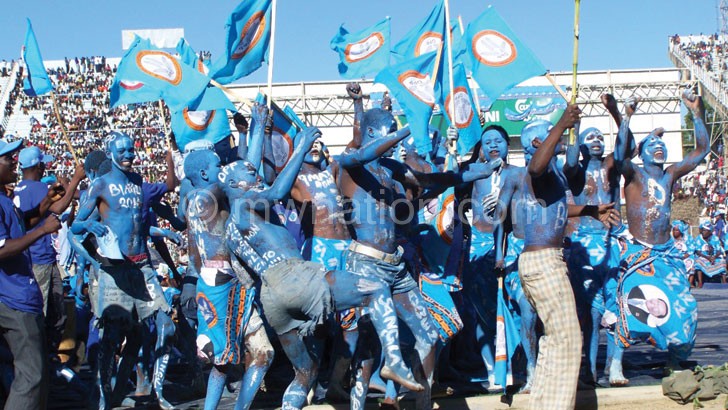
Besides deepening poverty, on the economic front, the electoral calendar came back to back with an ailing economy, heavily wounded by a decade-long Kleptocracy. As argued by some quarters, the 2013 Cashgate revelations had direct impact on 2014 voters and the subsequent change of government. It is, therefore, arguably true that the new log-in at the country’s Plot Number One by President Peter Mutharika opened another dialogue on national development, with Mutharika towering as a new symbol of hope for the poorest in the country.
For the youth, the new government meant a solution to poverty, unemployment, limited access to education, high HIV and Aids prevalence rate and limited access to business capital, to mention but a few challenges. Of course, government is familiar with these realities.
Unfortunately, there is no gainsaying in pointing out that the President has failed to inspire hope among the country’s youth since he took over office in 2014. Government does not seem to have a clear agenda for the youth. At its best, it is the same old deadwood leadership approach to youth development that has failed this generation for decades. There is no clear sense of direction on how government intends to address critical issues facing the youth of this country who make up about 70 percent of the population.
The leadership needs to do more for the youth if Malawi is to develop. The past year was not inspiring for most youth, as government failed to protect them from socio-economic vulnerabilities. Besides a poor economic environment with inflation rate hanging above 24 percent, government failed to recruit qualified young medical doctors, hundreds of nurses and thousands of qualified primary school teachers. Needless to say, government continues to ignore the most needed social capital for the country’s development. Sadly, government is failing to create jobs for these young professionals despite an acute shortage of human resource in the health and education sectors.
Of notable interest in 2015 also, was government decision to raise costs of public social services, including school fees, amid economic malaise peppered by pathetic public services that almost came to their knees. It is true that these problems are not new to Malawi and cannot be resolved in a day. But what is worrisome is when we seem to have a leadership that does not engage and communicate with its youth on meaningful, development issues. How then, does government expect the youth to rally behind its development agenda if they are not taken on board?
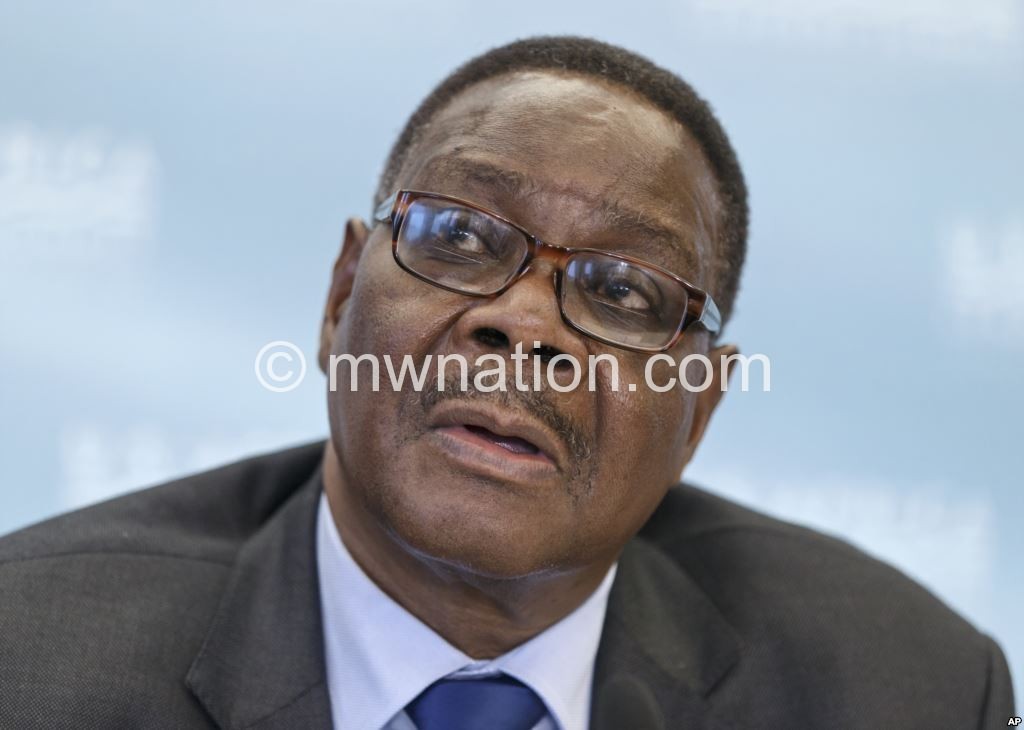
Notwithstanding the poor economic realities, the President has no excuse for failing to get some basics right. First, he has no reason for not clearly articulating his agenda for youth. I strongly contend that the administration can do more than its current limitation to the much touted community colleges programme. It is naïve for government to limit its agenda for youth to community colleges at the expense of many challenges facing the youth. Let the administration share its vision and its strategic direction with young people.
Again, it seems that State institutions responsible for the youth are failing the President and the entire country. The National Youth Council of Malawi (NYCOM) and Ministry of Youth are critical institutions in driving the agenda on youth. Unfortunately, the two institutions have been bafflingly asleep for too long. Otherwise, the current performance levels of the two institutions present a dangerous deception for youth development. One wonders why these two institutions were not the priority target areas for the public reforms agenda. It is through these State actors that the President will be seen to be functioning on youth development. The President should either breathe life into these key institutions or bury the youth development agenda altogether.
It may also help for government to create deliberate platforms for direct engagement with the country’s youth. The current disconnect with the youth is counterproductive of Mutharika’s leadership. As loudly noted by the country’s National Youth Policy, young people are no longer bystanders in development, especially since the battle is against their own poverty. They are actors and must be engaged.
For a start, the President may wish to engage the youth in the on-going public sector reforms programme which has largely excluded the youth.
It goes without saying, that in order to meaningfully drive youth development in Malawi in the next three remaining years of his presidency, President Mutharika should take them on board. As they say, nothing for us without us! n
The author is a youth rights advocate, and executive director at Youth and Society (YAS), writing in his personal capacity.


